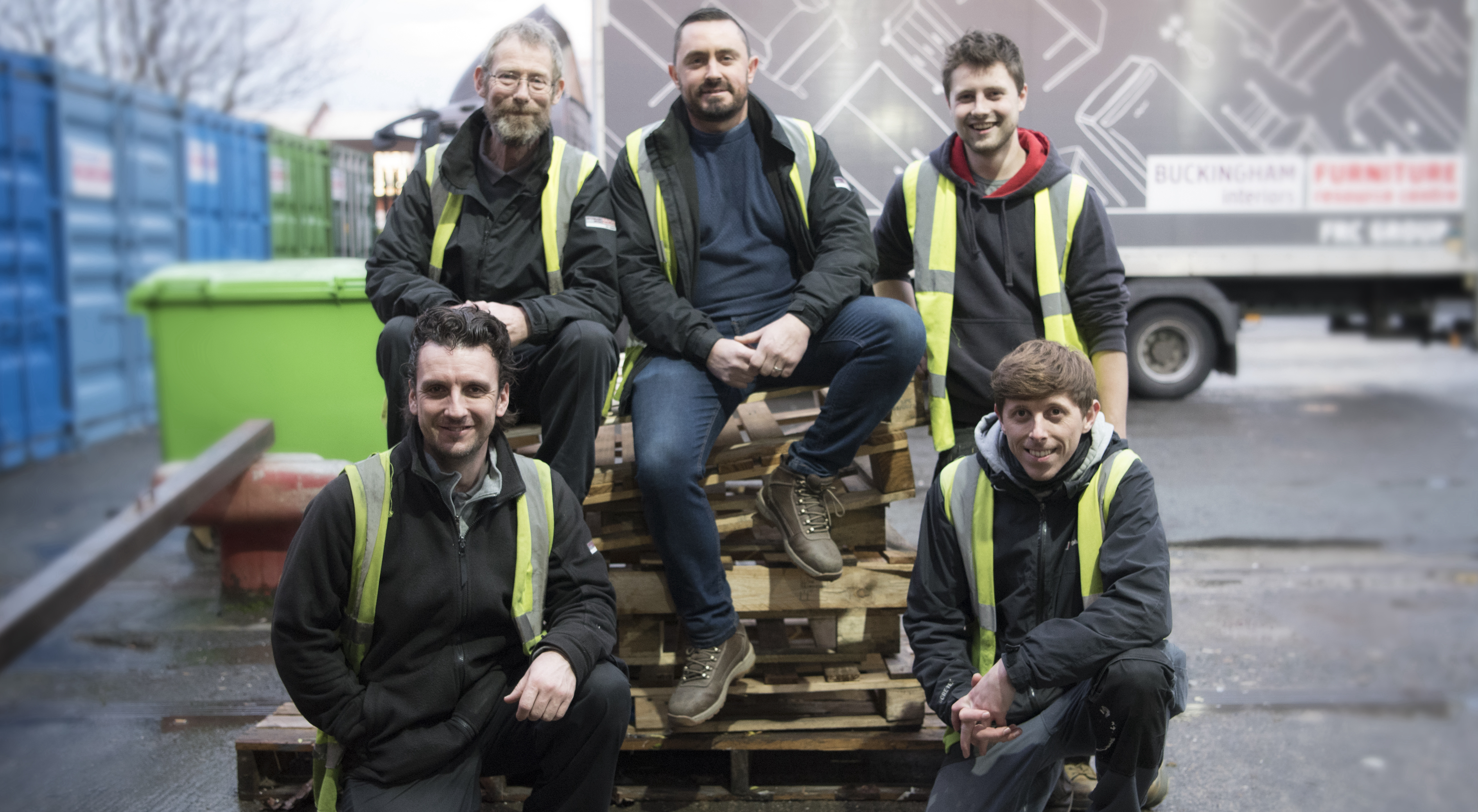'Without measuring your impact, you will never make real change'
Small to large, charities to corporations, we must recognise the importance of continuous improvement to create the most positive impact we can through the resources we have available, as we recover from Covid and look towards a future where equality and protecting the planet are key – say Catherine Manning and David Thomas of Social Value UK.
Impact management has risen in popularity in recent years. Back in 2016 Ben Carpenter, CEO of Social Value International, wrote for Social Value UK about his experiences with impact management and how some organisations see it as a chore. Now five years later, with significant interest in social value growing, huge policy changes in place and more to come (Social Value Act updates, the new Social Value Model for central government procurement (PPN06/20, etc.) impact management has become integral for any purpose-driven organisation.
This could also indicate a societal shift from a focus on maximising profit, to managing the impact on people’s lives. But only if people are actually managing impacts, not only focusing on positive, intended change. From a Social Value UK perspective this means focusing on the value of changes in people’s lives from their own perspective, continually striving to maximise the value you create for people, and aiming to be accountable for both good and bad.

We spoke to a few social enterprises in our membership about why impact management is important to them and what they have gained from measuring their impact. Beth Pilgrim, co-founder and CEO of Supply Change (pictured above, far right, with her team members), aiming to increase the number of social suppliers in public and private sector supply chains, told us that they regularly consult their social suppliers to ensure their work is creating impact.
She told us: “We ask about the amount of spend redirected to them, jobs created as a result of winning a contract, and other indirect impacts such as carbon emission savings or health and wellbeing improvements. We also measure the impact of our networking events, keeping track of the number of introductions made and any contracts that result from them.”
Social value is about people’s lives, and relationships both personal and professional have a big effect on all of our lives every day.
Carl Britton, chief operating officer of Planet First Energy, a social enterprise aiming to eradicate fuel poverty, similarly believes that impact isn’t something to be feared but it to celebrate. They dedicate space in their monthly newsletters to their social impact achievements. And at FRC Group, a social business aiming to end furniture poverty, Collette Williams, People and Culture Director, explains how social value measurement, management and maximisation is embedded within the organisation: “As with financial data, we provide regular social value data against our social value budget so we can review performance and importantly, strive to do more!”
As with financial data, we provide regular social value data against our social value budget so we can review performance and importantly, strive to do more
All three organisations recognise that the best way to manage their impact is to embed this into their organisational culture and have all staff contribute. Once the process is embedded organisationally and data is being collected regularly, it’s time to make use of what has been found, good or bad. Impact management isn’t about collecting data that feeds into a narrative that an organisation is completing its mission successfully and somehow has absolutely no room to improve. It’s about being unafraid to face the reality that there’s always room for improvement – there will always be organisational activities that maybe aren’t reaching the goals intended, or negative outcomes completely unforeseen. Whatever the case, the data collected should help to form the first steps into a new plan to create more positive impacts through organisational activities.
Planet First Energy uses its impact data to inform its education planning. Carl Britton told us: “As we learn more from our interactions within the community we begin to see patterns of issues and what drives them. For example, we see a high number of people with issues who do not have English as a first language. This leads to simple problems remaining unresolved leading to mounting bills or even disconnections. This informs and gives focus to our recruitment planning for a more ethnically diverse workforce and therefore volunteer resource.”

Collette Williams says FRC Group find that its data “helps us to improve our services, make good decisions, make decisions on where to invest, decisions on where to resource and our data helps us to understand our stakeholders. Yes, we provide furniture – but our data tells us that we change lives by improving people’s physical and mental health, reducing stress and anxiety, and giving people a sense of freedom and independence, as well as a sense of pride in their homes. By continuing to talk to and learn from our stakeholders, we can continue to improve our offer.”
Yes, we provide furniture – but our data tells us that we change lives
Beth Pilgrim and Supply Change also highlight the benefits of their impact data: “Continuous improvement is a core value of Supply Change and we are constantly reviewing our activities to deliver the best value for buyers and suppliers and to make social procurement easier, safer and quicker for everyone,” she says.
Impact measurement and management is something that needs to be deeply valued in every organisation. Small to large, charities to corporations, we all must recognise the importance of continuous improvement to create the most positive impact we can through the resources we have available.
As we recover from Covid-19 and multiple lockdowns, now more than ever managing our impact is of the utmost importance. With limited resources, a different work environment and a changed UK landscape with shifting values, we cannot revert to operating the way we once did – we must strive to raise each other up, champion equality and wellbeing and protect people and the planet through our impacts.
Social Value UK will be judging the Impact Management Champion Award at the NatWest SE100 Index & Social Business Awards, delivered by Pioneers Post. You can enter for the SE100 here (entries for the SE100 close this Sunday, 25 March. You can read the entry criteria here).
Photos: courtesy of FRC Group and Supply Change.

